New research from APPEAL reveals barriers faced by women seeking to appeal criminal convictions and sentences
Press Release - APPEAL – 10th June 2020
A research paper by APPEAL’s Women’s Justice Advocate and sponsored by the Griffins Society published this week has highlighted the barriers faced by women seeking to overturn unsafe convictions or unfair sentences in the Court of Appeal (Criminal Division).
Appeal applications to this Court have dropped by 36% from 2011 to 2019, and evidence suggests women may face particular barriers in challenging convictions and sentences.
There has been no research to date on women's experiences of the criminal appeals system.
Barriers identified to accessing the Court of Appeal included gendered factors, such as an under-confidence of women to take on appeals. More than four-fifths (86%) of women writing for advice on appeal were significantly outside of the 28-day appeal window from the date of their conviction or sentence. Reasons for delay included the fact that women often did not feel comfortable revealing their experiences of gendered trauma such as domestic abuse to legal representatives at trial and were afraid of being disbelieved. As a result, such reports often came to light well after conviction and sentence and well outside of the 28-day appeal window.
More than half of the women felt that custody was a disproportionate punishment for their crime. A third of the women felt that the effect of imprisonment on their children had not been considered by the sentencing judge. More than a quarter of the women felt that their pre-sentence report was incorrect or incomplete and complained that their mitigating circumstances were not given appropriate weight at sentencing. Shame played a large role in undermining women’s confidence to seek an appeal.
Further barriers identified include a lack of access to information about the appeals system. More than a third of women did not know how to lodge an appeal application. It was also apparent that varying standards of advice were offered by trial lawyers, with half of women complaining of ineffective assistance of legal advisors.
Lawyers felt that it had become harder to win cases in the Court of Appeal and that the fundamental attitude of the Court was to dissuade attempts to appeal. Lawyers also raised the significant cuts to Legal Aid funding and its severe impacts on the ability of women to gain access to justice.
Collectively, the findings question whether a system that is out of reach to many of those that it serves can ever be described as procedurally fair.
This new research adopted a mixed-methods approach, which included analysis of 132 letters from women in custody writing to APPEAL (a non-profit law practice specialising in criminal appeals), a questionnaire completed by 33 women in prison and a survey of 20 legal professionals. It was sponsored by the Griffins Society, who fund research to bring about change in how women and girls are dealt with in the criminal justice system. It is further supported by the Institute of Criminology at Cambridge University.
The report concludes with recommendations for practice, policy and legislative changes.
Naima Sakande, author of the paper and Women’s Justice Advocate at APPEAL, said:
“What use is an appeal system that people cannot access? This report raises serious questions about whether the Court of Appeal (Criminal Division) is a legal body capable of righting wrongs done to women by the criminal justice system. Women who have been unfairly sentenced or wrongfully convicted deserve access to justice. We cannot allow them to languish in prison with no hope of redress.”
Nicola Padfield QC, Professor of Criminal and Penal Justice at the Law Faculty at the University of Cambridge, who supervised the research said:
“What this research shows with heart-breaking clarity is the impossibility for so many women of processing an application for appeal in the first weeks of a custodial sentence. Looking at new sources, and using the words and experiences of imprisoned women, this research makes a clear case for changing the tight time limits imposed by the current law”.
The 1 page abstract of the paper can be read here, the executive summary here, and the full paper here.
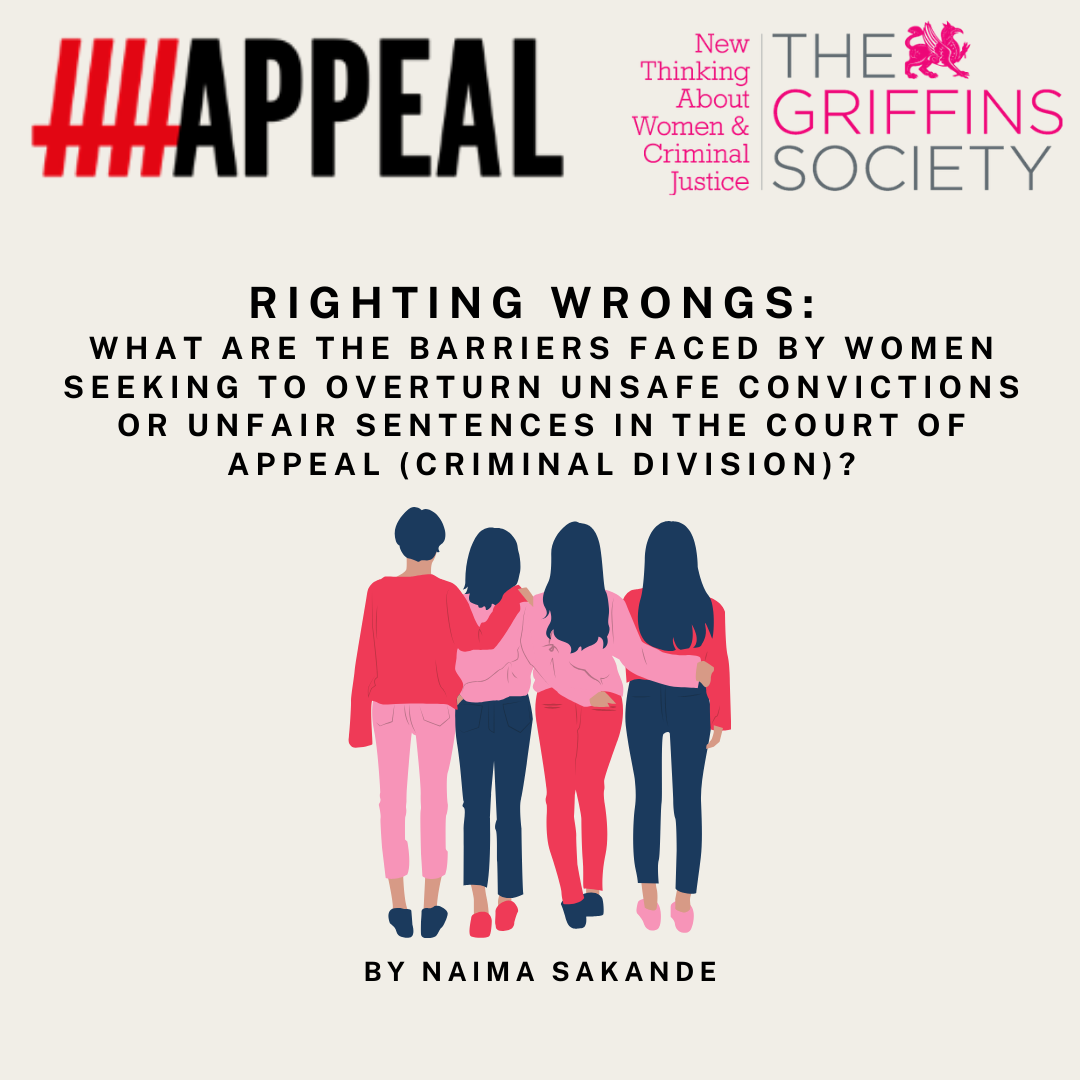
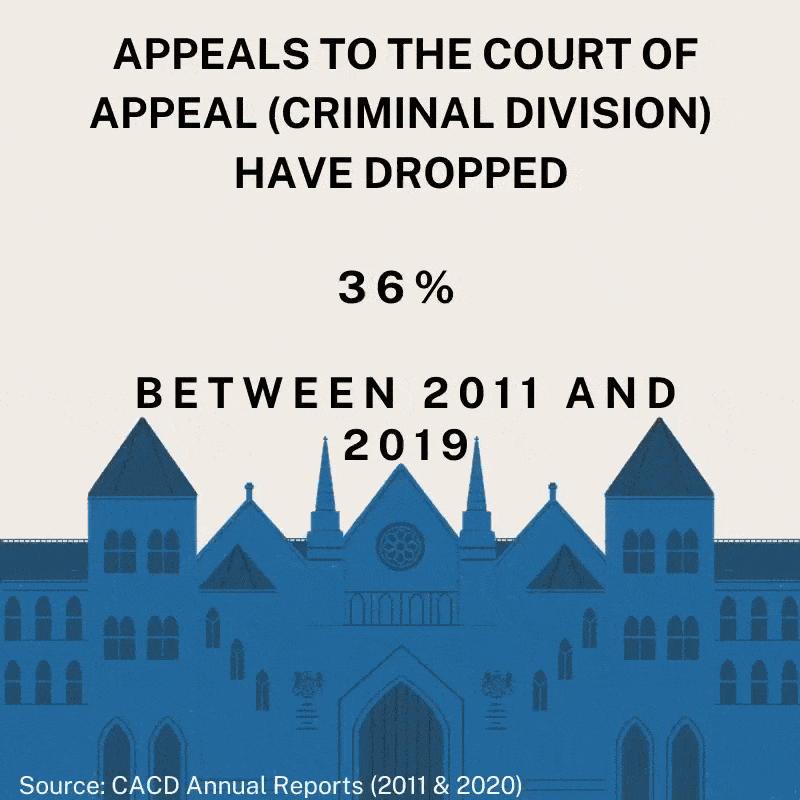
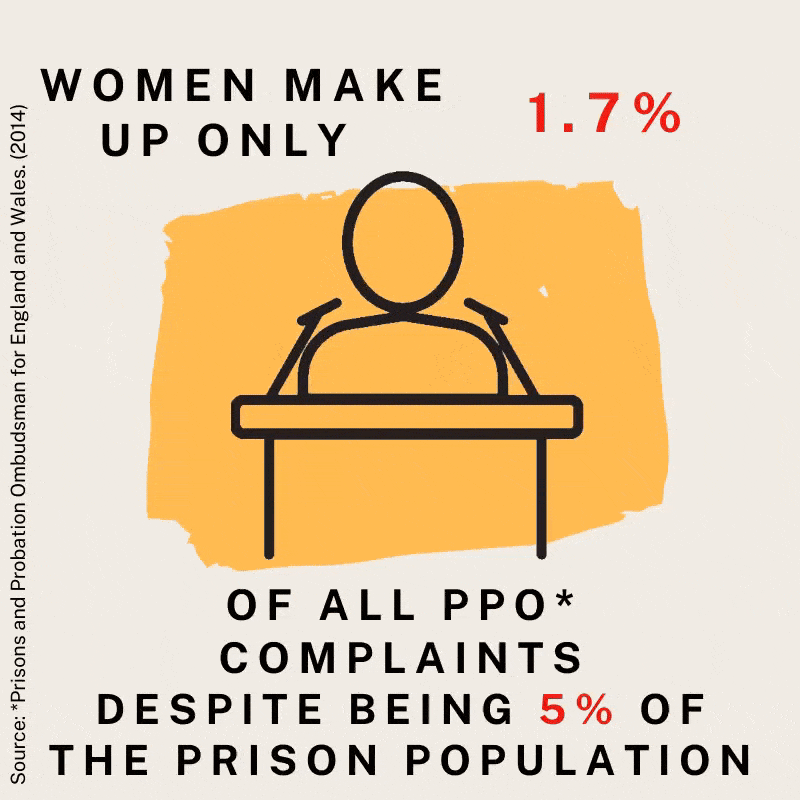
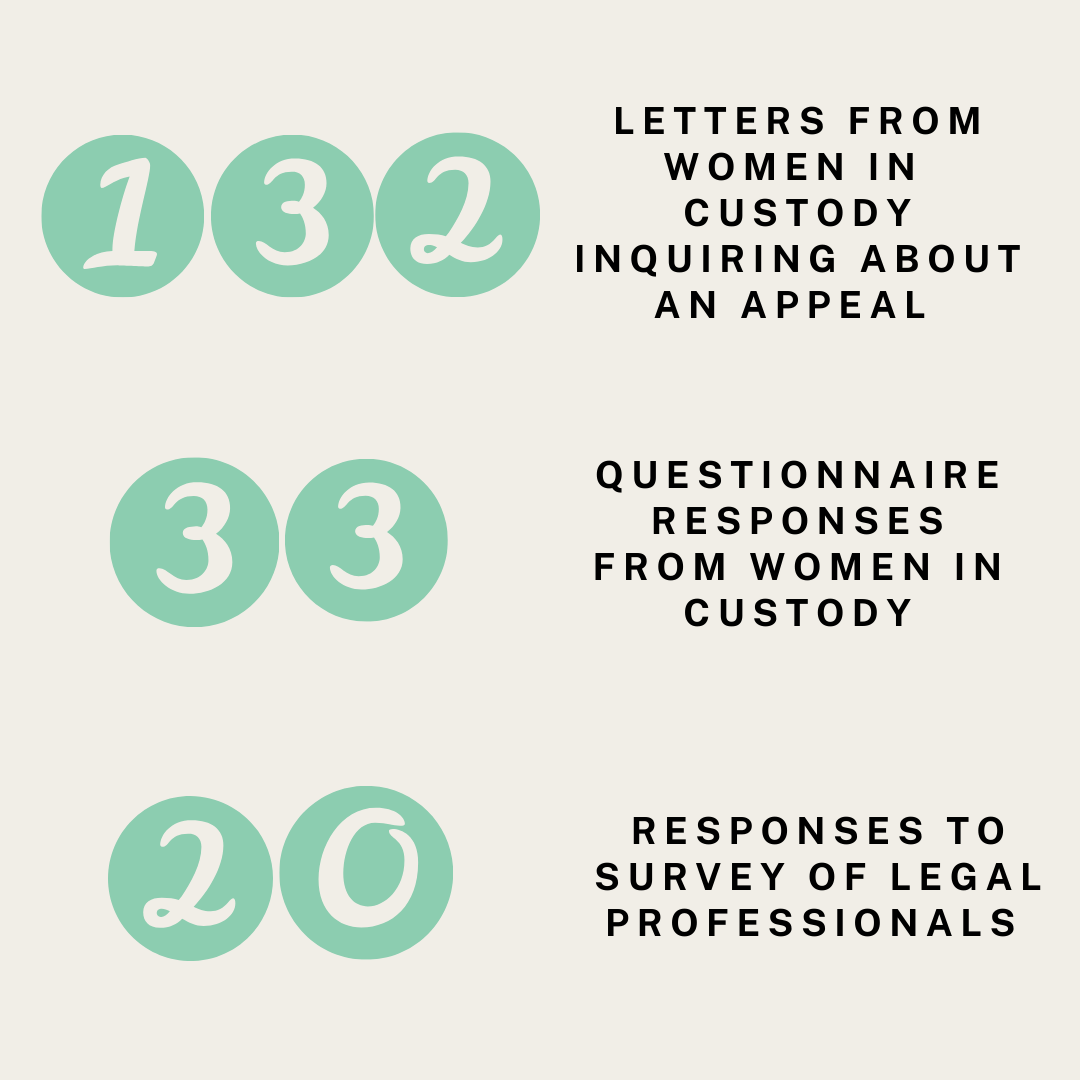

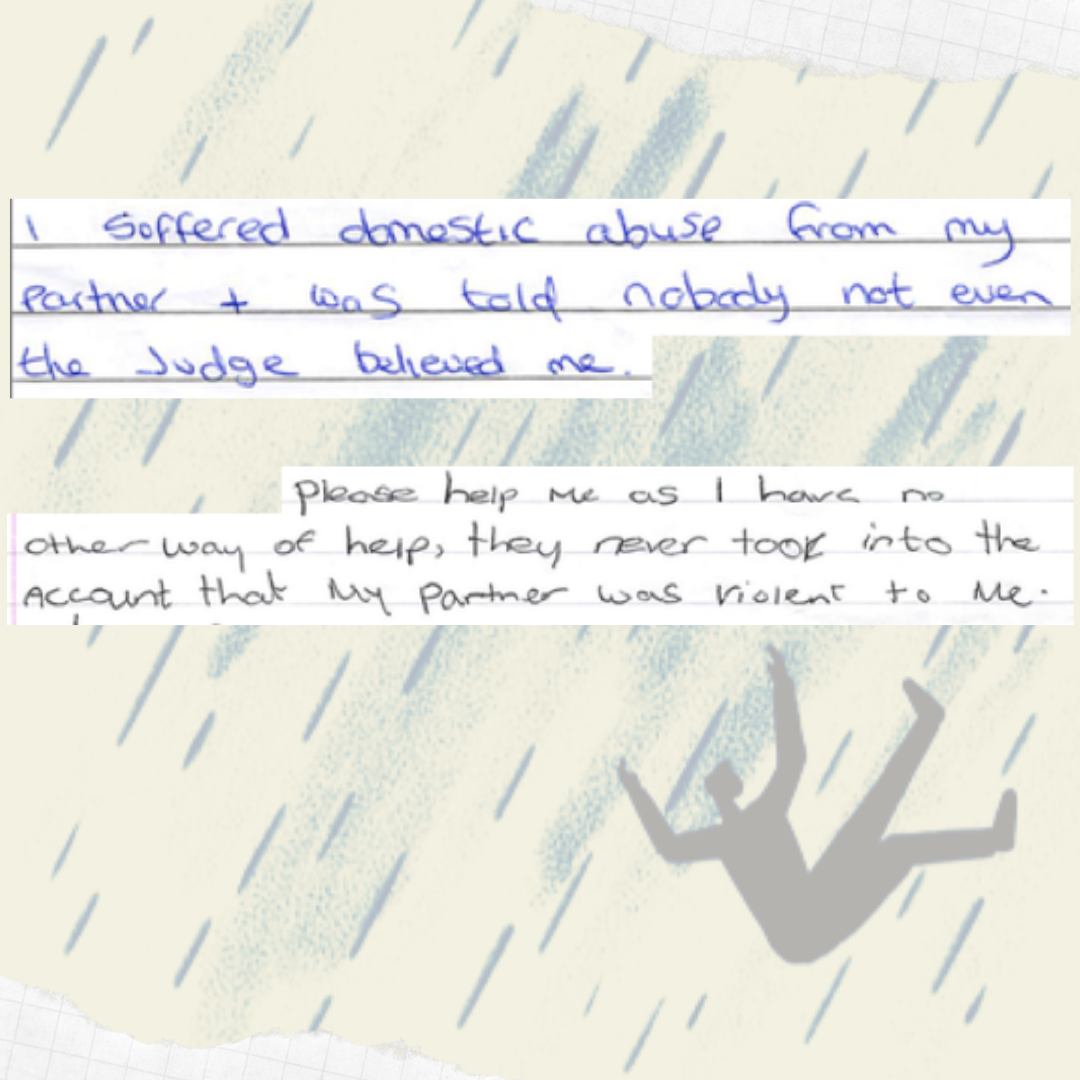

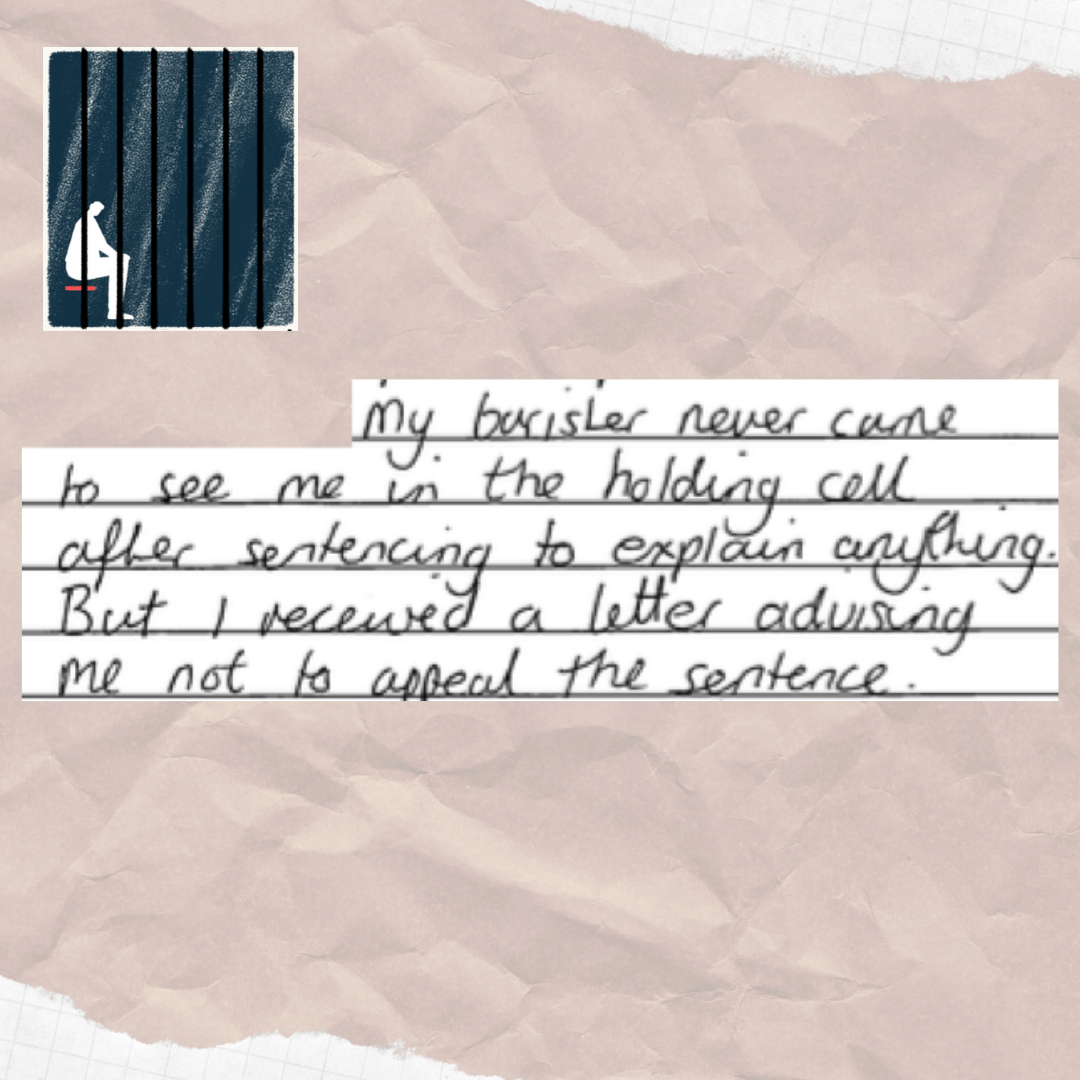
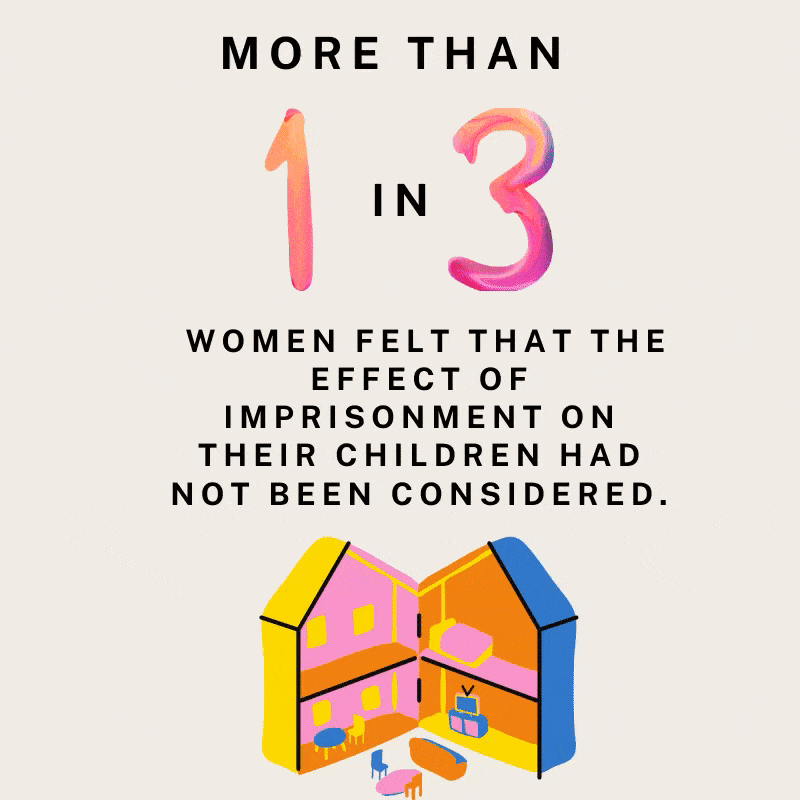
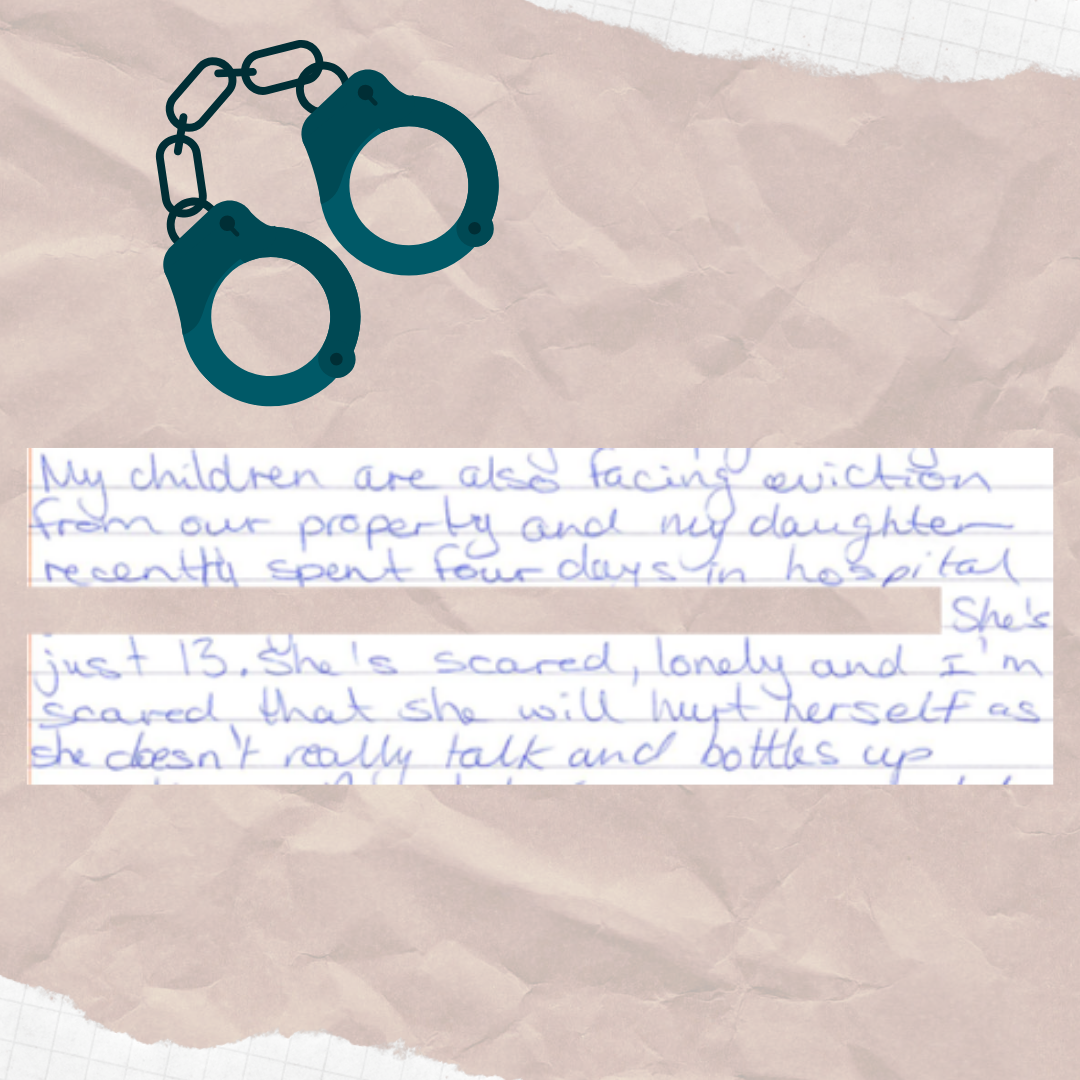
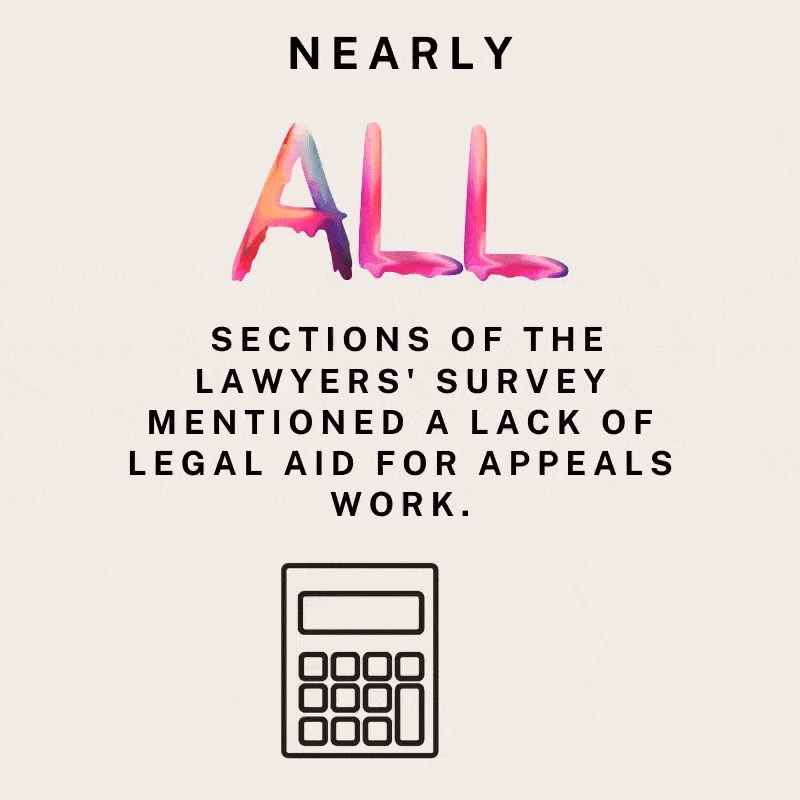
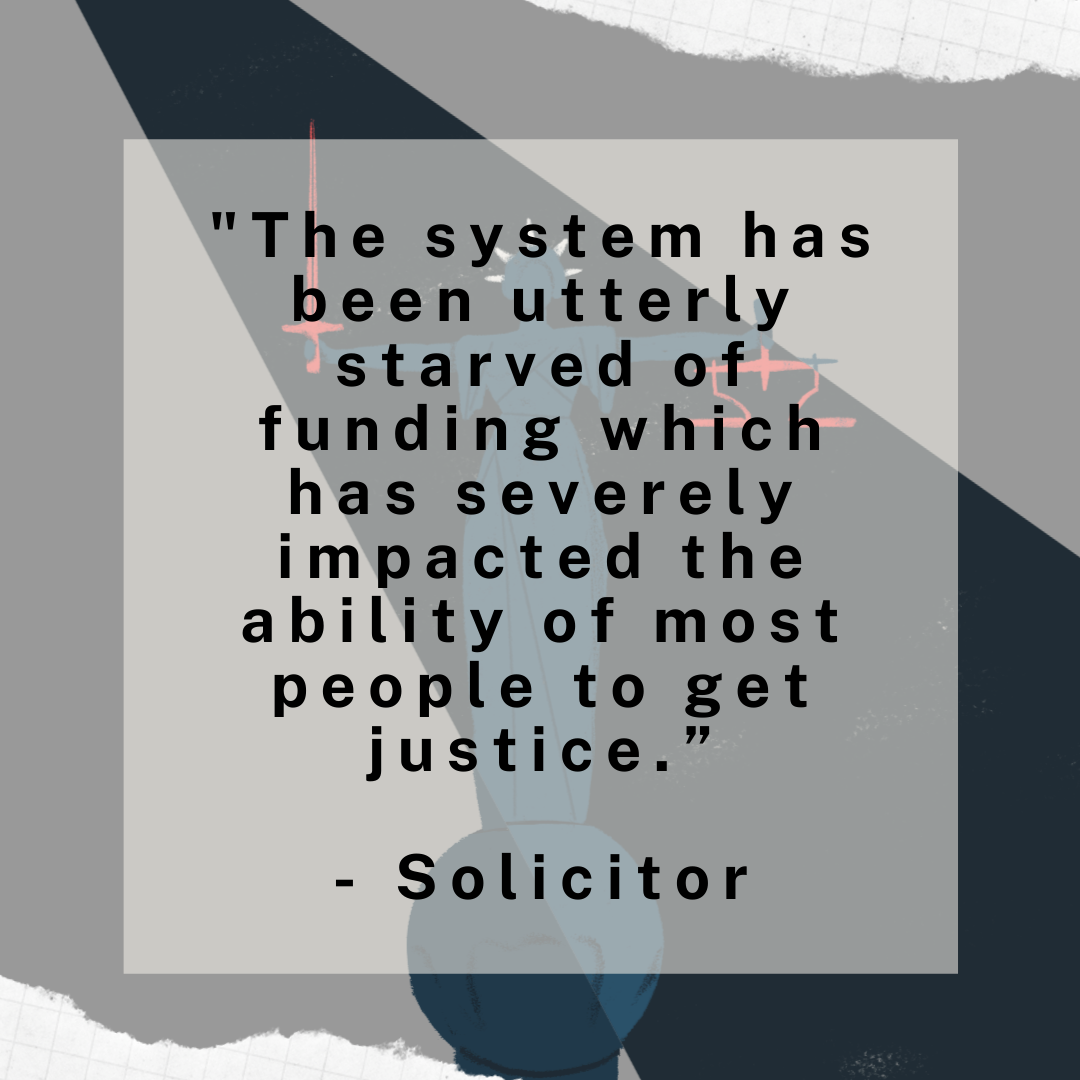
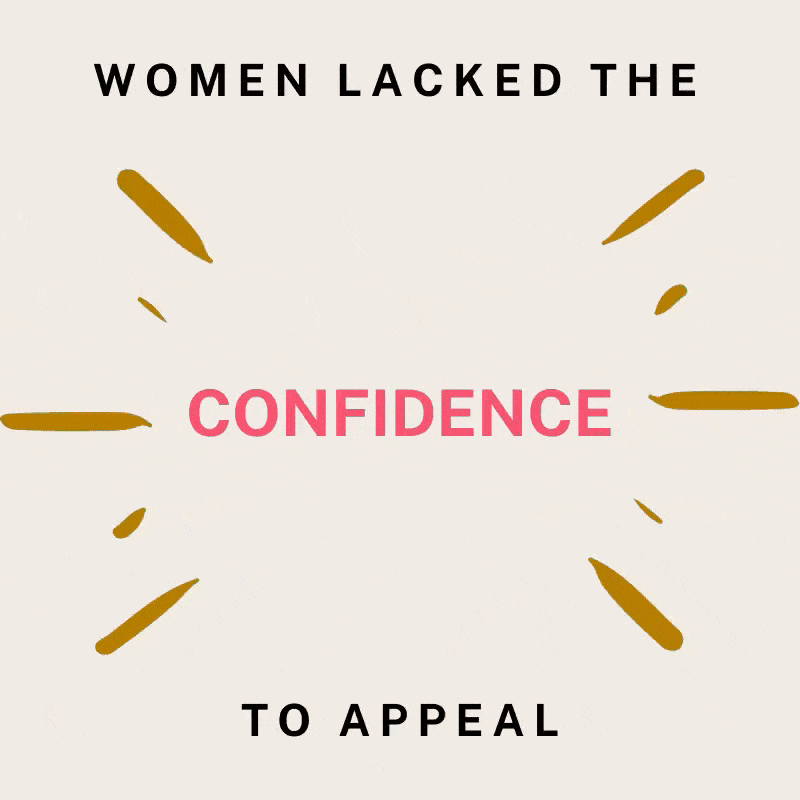
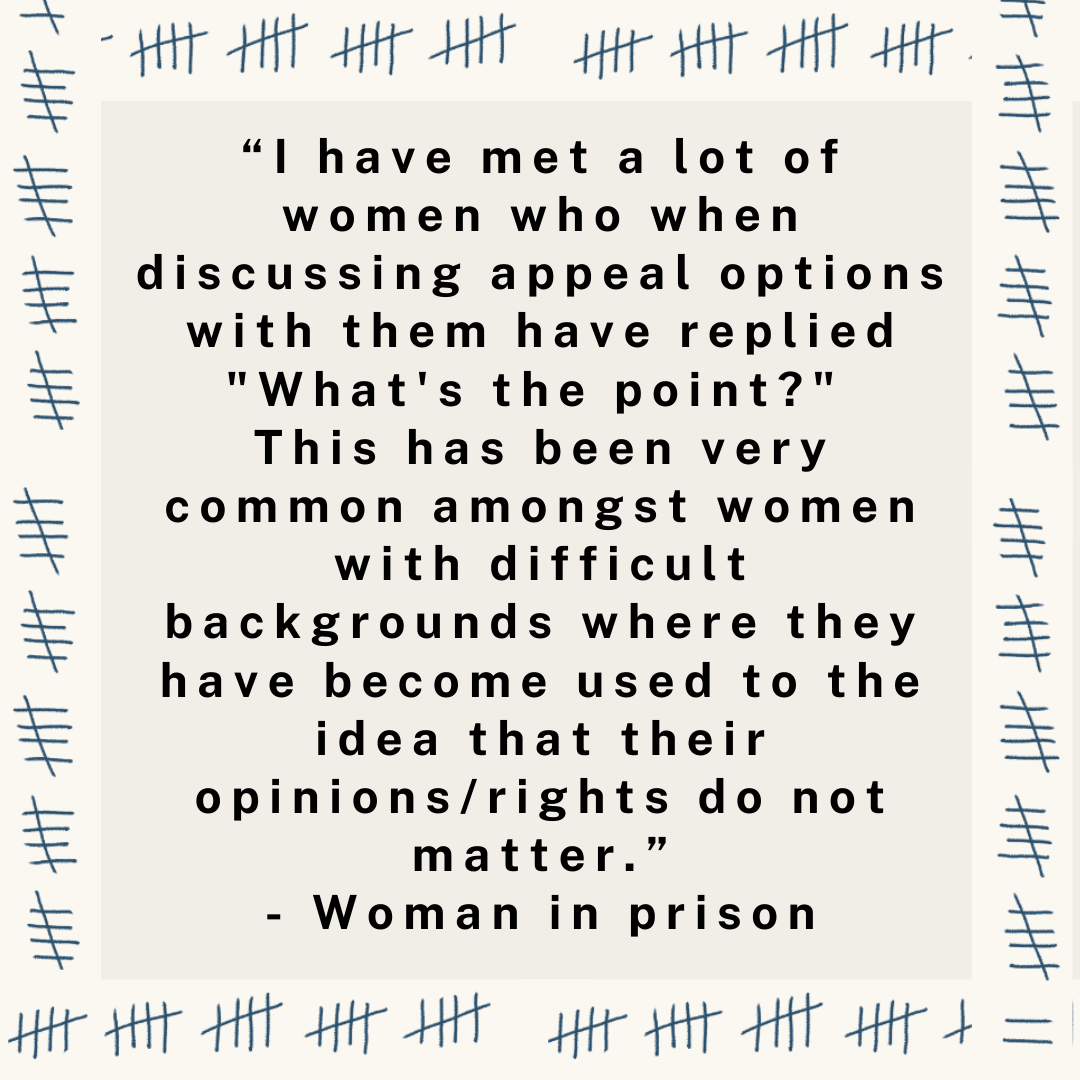
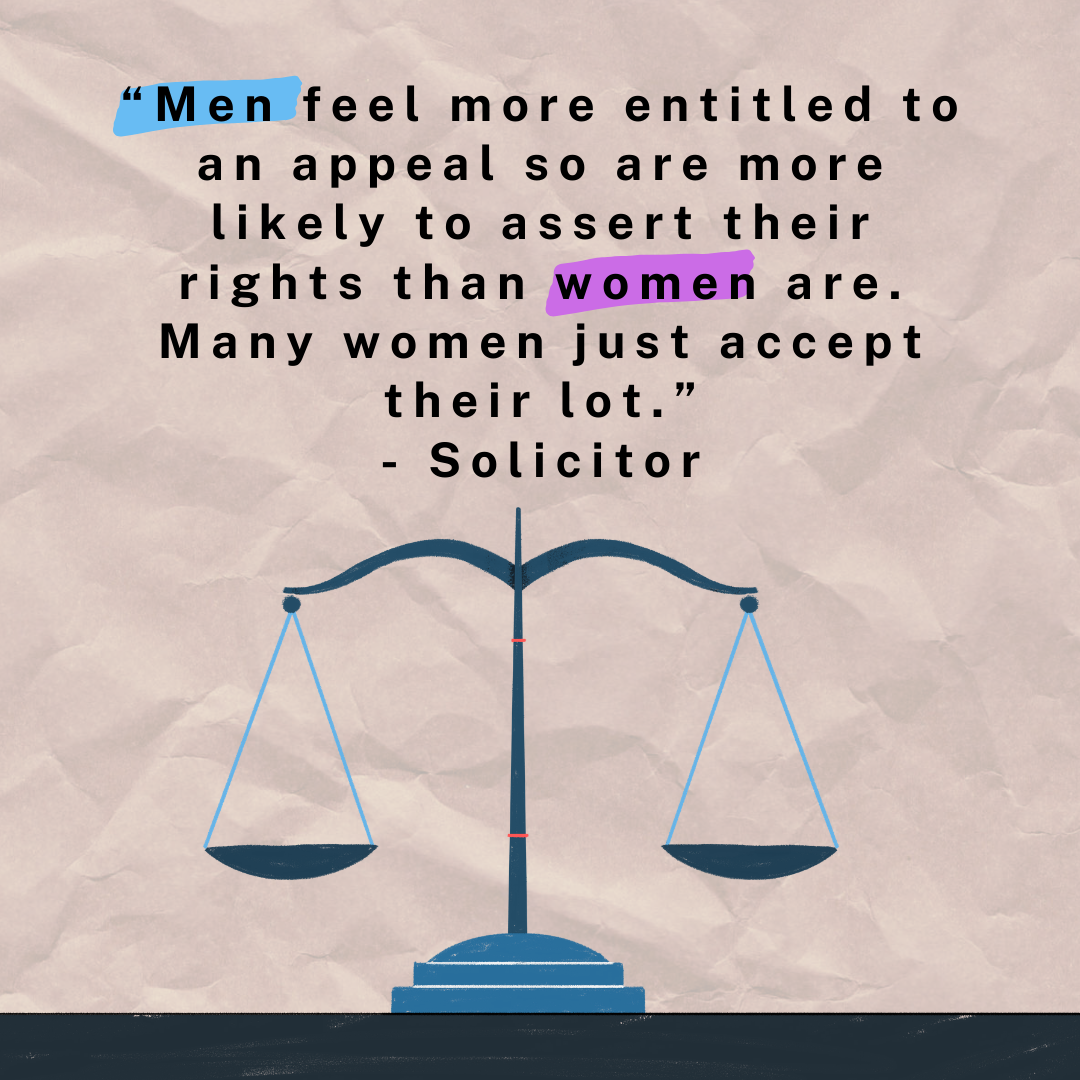
Notes to editors:
APPEAL is a law charity that fights miscarriages of justice and demands reform of our justice system. www.appeal.org.uk
The Griffins Society sponsors research to bring about change in how women and girls are dealt with in the criminal justice system. It is supported by the Institute of Criminology at Cambridge University. https://www.thegriffinssociety.org/
The 1 page abstract of the paper can be read here, the executive summary here, and the full paper here.
Naima Sakande, author of the study, is available for interview. Please contact naima@appeal.org.uk
